Data collected over the last 100 years in northern Finland demonstrates drastic changes pollinator species linked to climate change.
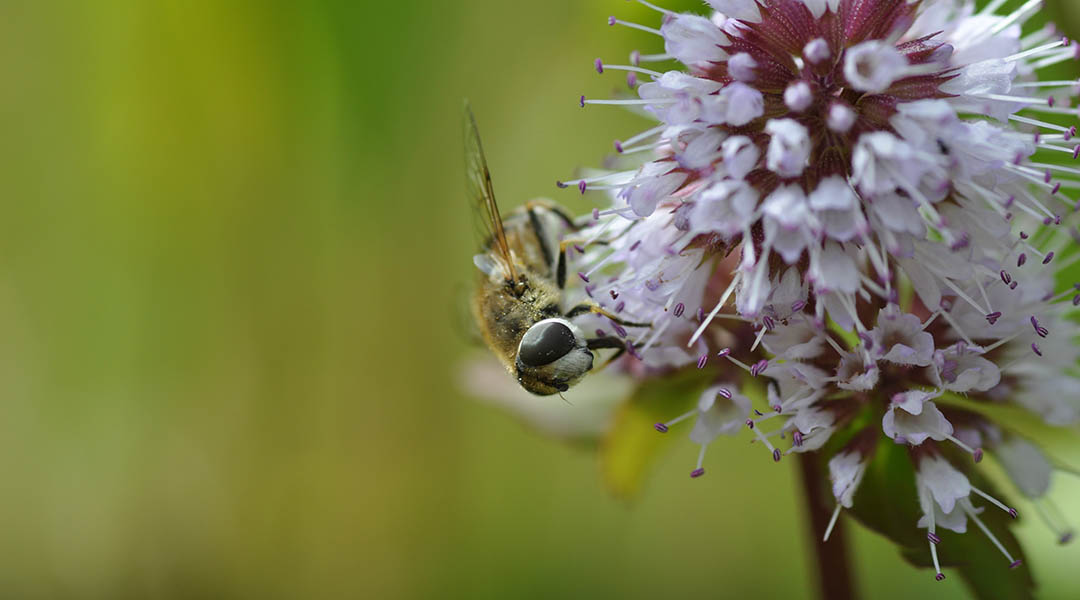

Data collected over the last 100 years in northern Finland demonstrates drastic changes pollinator species linked to climate change.
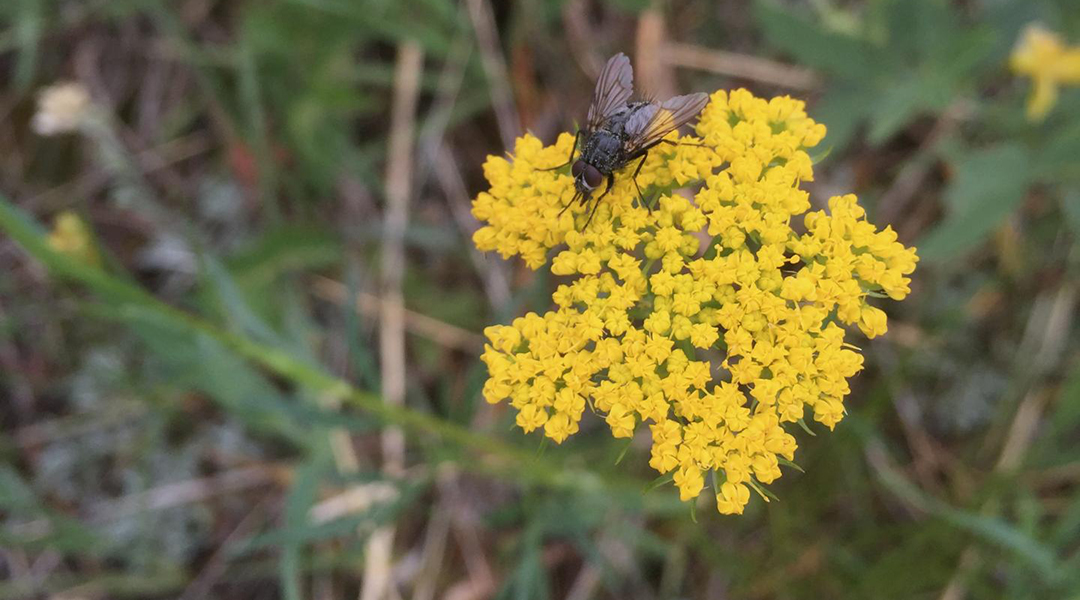
New study finds “generalist” plants and pollinators play a crucial role in maintaining biodiversity and may also serve as buffers against some impacts of climate change.
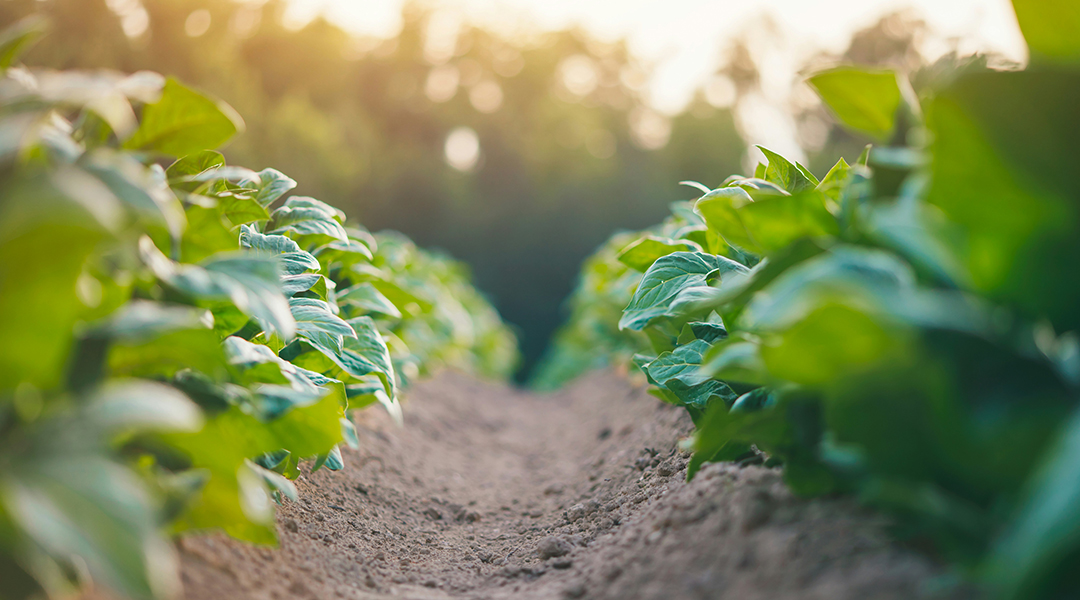
Scientists uncover the role of soil fungi in improving crop yields and balancing complex plant-pollinator interactions.
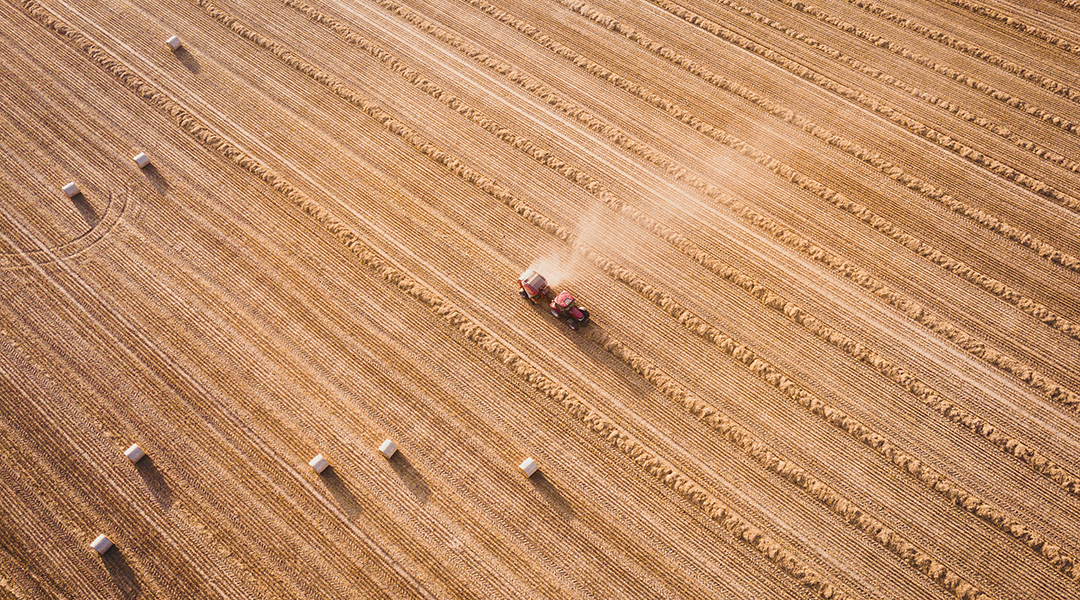
Combining agriculture with solar energy, agrivoltaics offers a promising solution to reduce carbon emissions while boosting food production.
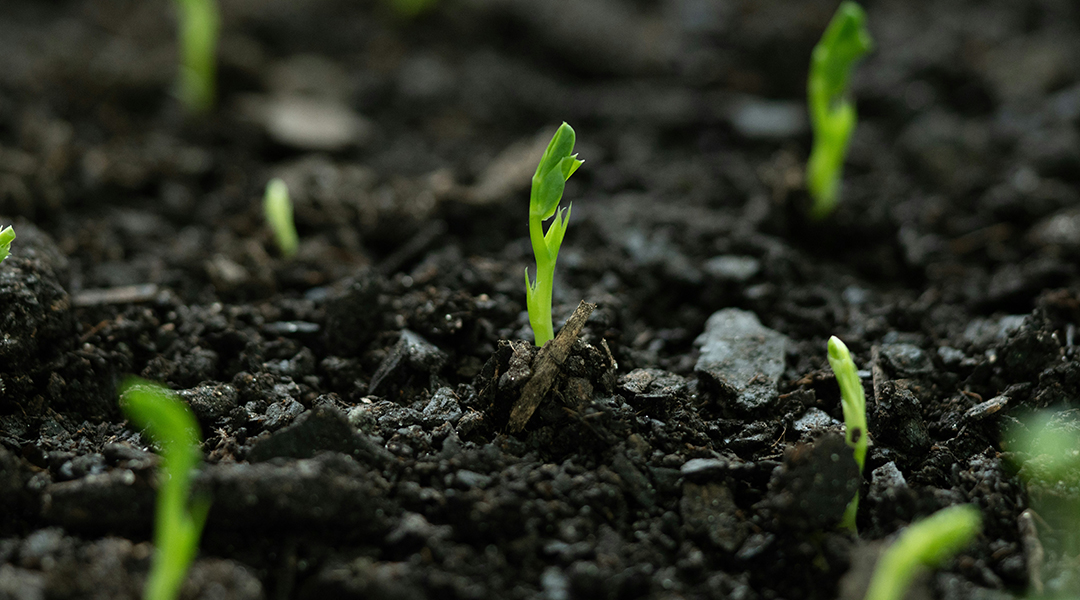
Just like our gut has helpful microbes, so too does the soil around plant roots. But what happens when antibiotics disrupt this balance?
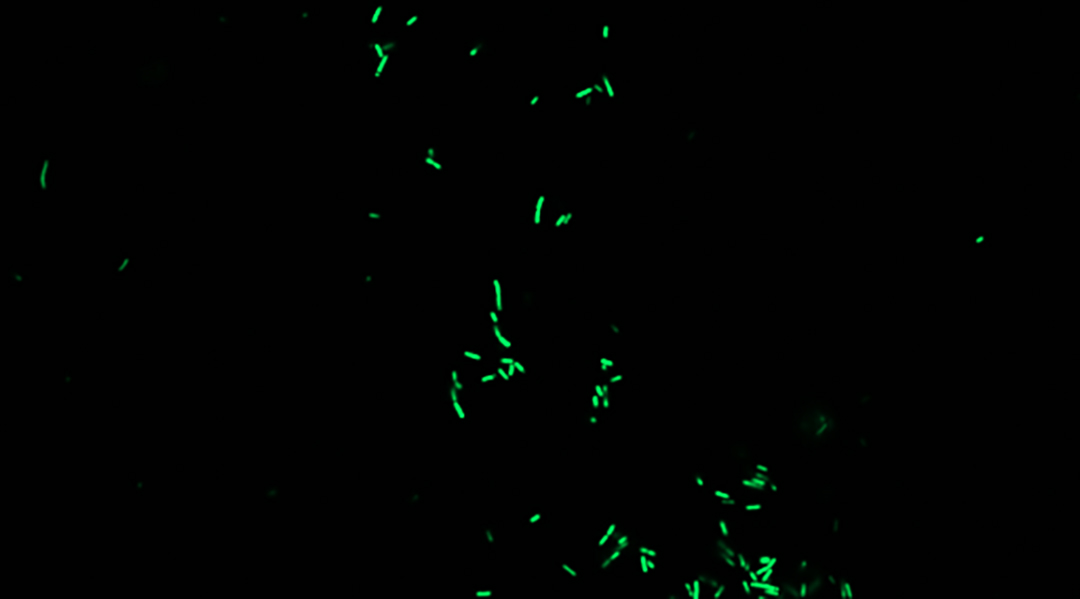
First living biosensor developed to study honeybee gut microbiome, providing insights into health and conservation.
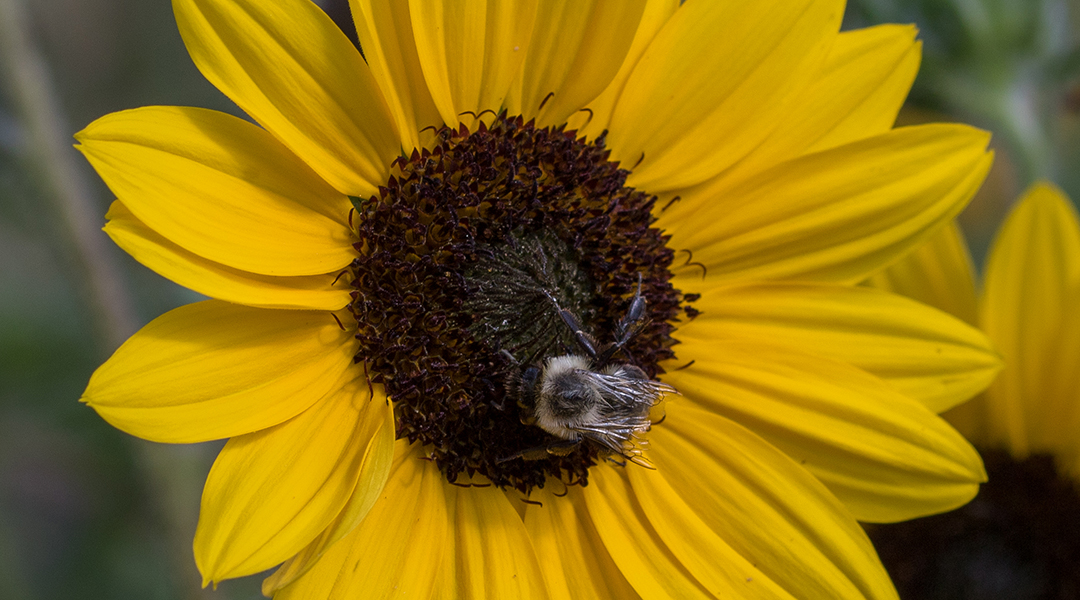
Planting sunflowers in pollinator habitats can boost bee health by providing them with pollen that protects against intestinal pathogens.
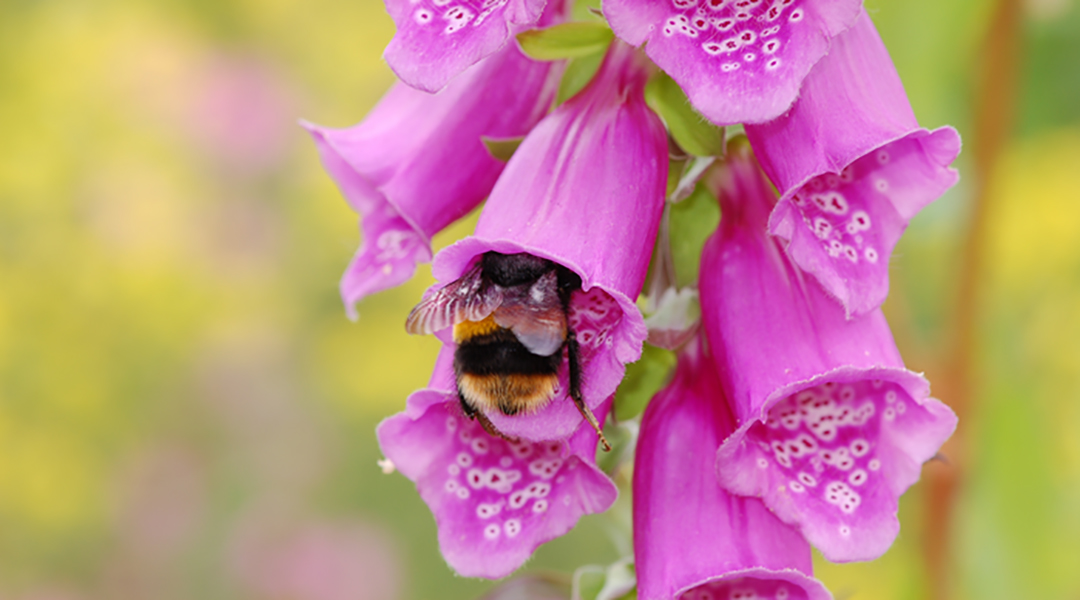
The tool lets researchers, farmers, policymakers, and other interested parties test different land management techniques to find out which ones and where could be most beneficial for bees.
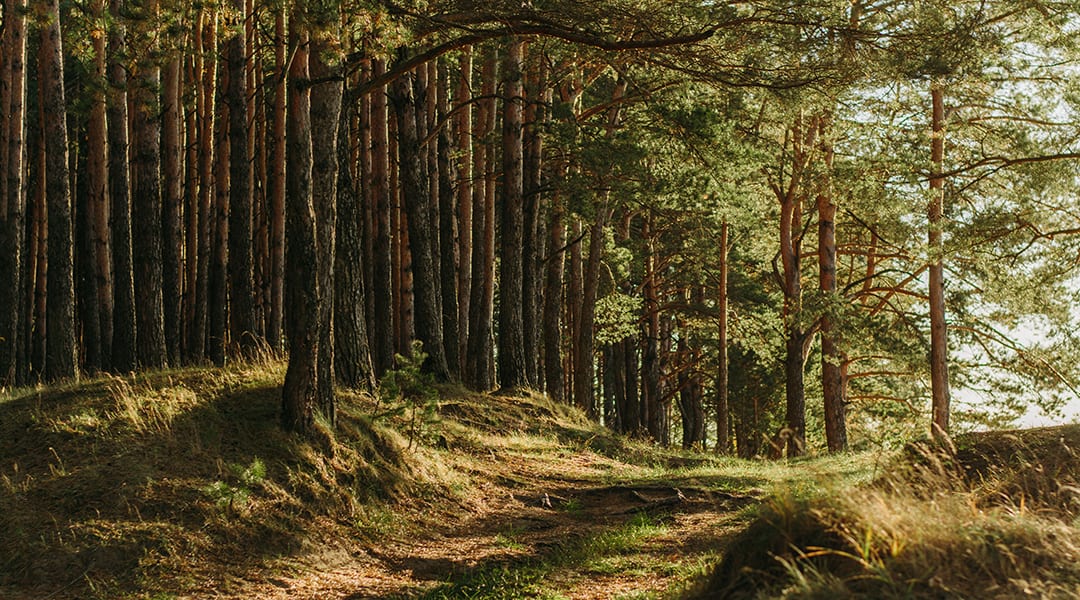
Nature is widely adapted to the current climate, making it harder to adjust to a new one.
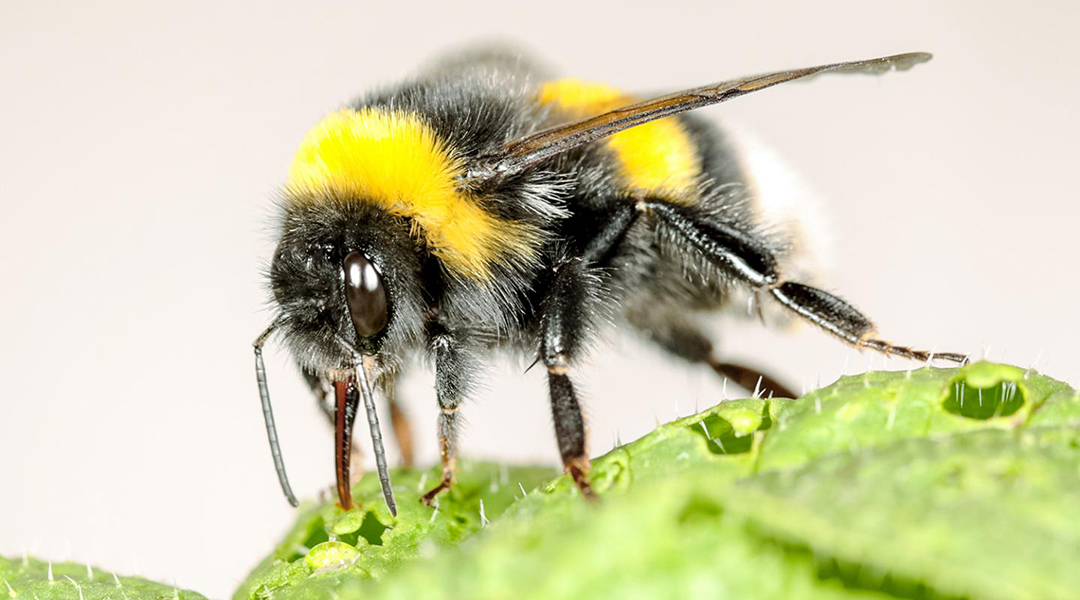
If bumblebees find too little pollen, they pierce the leaves of non-flowering plants in order to force them to produce flowers more quickly.